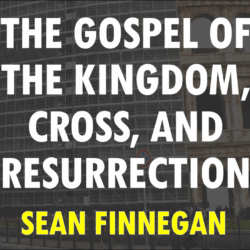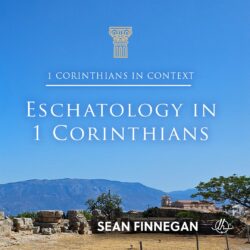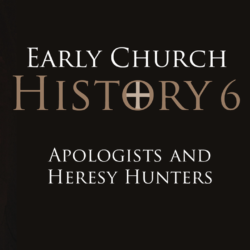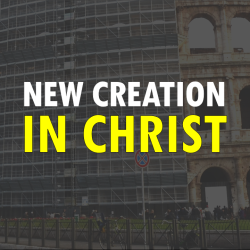To provide the best experiences, we use technologies like cookies to store and/or access device information. Consenting to these technologies will allow us to process data such as browsing behavior or unique IDs on this site. Not consenting or withdrawing consent, may adversely affect certain features and functions.
The technical storage or access is strictly necessary for the legitimate purpose of enabling the use of a specific service explicitly requested by the subscriber or user, or for the sole purpose of carrying out the transmission of a communication over an electronic communications network.
The technical storage or access is necessary for the legitimate purpose of storing preferences that are not requested by the subscriber or user.
The technical storage or access that is used exclusively for statistical purposes.
The technical storage or access that is used exclusively for anonymous statistical purposes. Without a subpoena, voluntary compliance on the part of your Internet Service Provider, or additional records from a third party, information stored or retrieved for this purpose alone cannot usually be used to identify you.
The technical storage or access is required to create user profiles to send advertising, or to track the user on a website or across several websites for similar marketing purposes.







I had never seriously thought about (and, therefore, really appreciated) what Professor Hays referred to as “four practices of resurrection” — practical ways in which we can live our lives in light of the reality of the future resurrection of our bodies.
1. Peacemaking
“By accepting suffering we proclaim that our trust lies not in Caesar’s power to protect us from death through military power, but solely in God’s power to raise us up.”
“What would be the effect if the Church everywhere would find ways to put their bodies on the line for the way of peace as a witness to the resurrection?”
2. Sharing possessions
http://www.condenaststore.com/-sp/Jitters-on-Wall-Street-today-over-rumors-that-Alan-Greenspan-said-A-ric-New-Yorker-Cartoon-Prints_i8575134_.htm
“The book of Acts portrays the early Church as giving testimony to the resurrection with great power, precisely because they were sharing their possessions in such a way that there was no needy person among them.”
3. Reconciliation at one table (across racial and ethnic lines)
Rwandan Christian massacre — “It’s a disturbing story. But it’s also a compelling witness to the power of the gospel to overcome ethnic division. Paul would have regarded these Rwandan Christians as martyrs, as faithful witnesses to the truth of the gospel. Having been made one in Christ through baptism, they preferred to die rather than to deny the grace of God. And so they died, trusting in the hope of resurrection, trusting that they would finally come to the banquet where all tears are wiped away.”
4. Sabbath keeping
“Carousel” from Jacques Brel Is Alive And Well And Living In Paris
https://www.youtube.com/watch?v=8bfRIZ_7CB0
“The Sabbath is a day of liberation. A day that proclaims our freedom from slavery. Only free people can stop working. Slaves have to keep slaving — or face the master’s whip. But we’re free at last. And the Sabbath is a gracious gift from God to symbolize that freedom, and give us a day of rest and pleasure. There’s no word more needful than this for our frantic, crazy, carousel culture.”
“The Sabbath not only looks backward to the seventh day of creation, but also looks forward to the life of the world to come.”